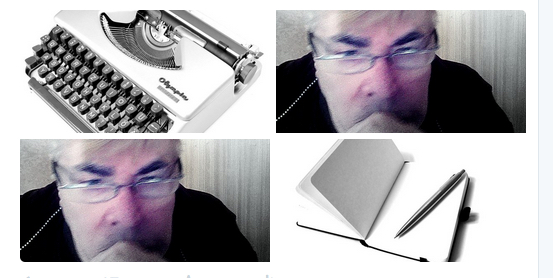
A two-day FREE workshop in creative writing with Kip Jones for Bournemouth University staff and students only.
Writing week: Wednesday 3 Jan and Thursday 4 Jan.
Wed: 9:30 – 3:30
Thurs 9:30 – 12:30 (followed by lunch at La Piccola Italia)
Executive Business Centre, 7th Floor
Places are limited, but the workshop is free. Please express your interest by emailing Kip asap. You will be expected to attend for both days, and attend the lunches. You are asked to buy your own refreshments and lunches, but we will eat together at a restaurant each day. The first day we will go to the International Centre next to EBC for lunch. The second day, we will have a concluding longer lunch at La Piccola Italia Restaurant, near EBC. Writing is a very solitary endeavor. Sharing of experiences and conviviality are important components of a balanced approach.
Summary: The Creative Writing workshop will be a unique event in that it will not be a typical ‘writing retreat’ (with trees to hug and lots of time to ruminate), but rather a very active experience with lots of exercises, suggestions and supportive feedback on participants’ work from Kip Jones and other participants. The point is to encourage both students and academics who would like to include more creative writing in their outputs, particularly those whose writing includes reporting on narrative and other qualitative methods of research. It also helps immensely in the move to publishing in the wider world of blogs and online outlets, moving work to media and film, auto-ethnography and even fiction.
Justification: The important point of Creative Writing for Academics is to help academics and students achieve the goal of seeing more of their work read by wider audiences; in other words, impact. By providing an intense two-day experience for participants to engage in developing writing skills, the playing field is levelled and opportunities for facilitated learning developed. By engaging in creative writing, it becomes possible for all to write more clearly, more simply, even more creatively, when writing not only for academic publications, but also for outlets previously unimagined.
Methods: The workshop will present opportunities to work with academic material and expand its means of production and dissemination to new and creative levels through interfaces with techniques from the arts and humanities, including blog and magazine writing, film treatments and scripts, and poetry and fictional exercises. These intellectual exchanges encourage joint exploration of how researchers can engage with principles and tools from the arts in order to expand and extend the possibilities of dissemination of research data. Concepts of creativity itself will evolve and be transformed by participants’ outlooks and willingness to engage with unfamiliar territory. These processes comprise ‘facilitated learning’—in that knowledge will be gained as a secondary goal through a process of developing new relationships through small group problem-solving and self examination, grounded in personal past experience and knowledge.
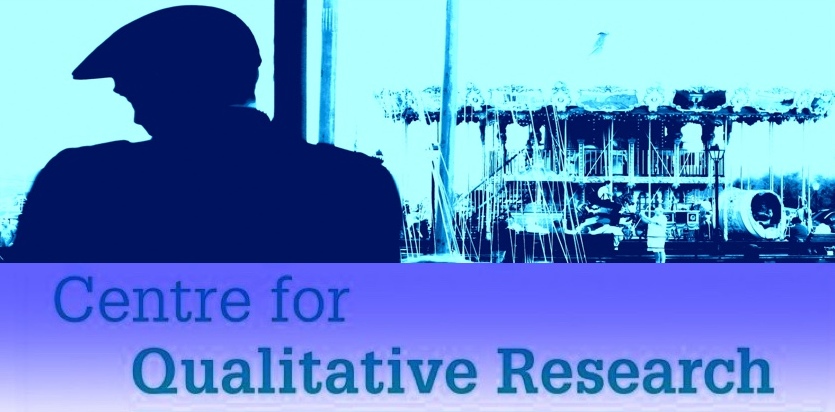
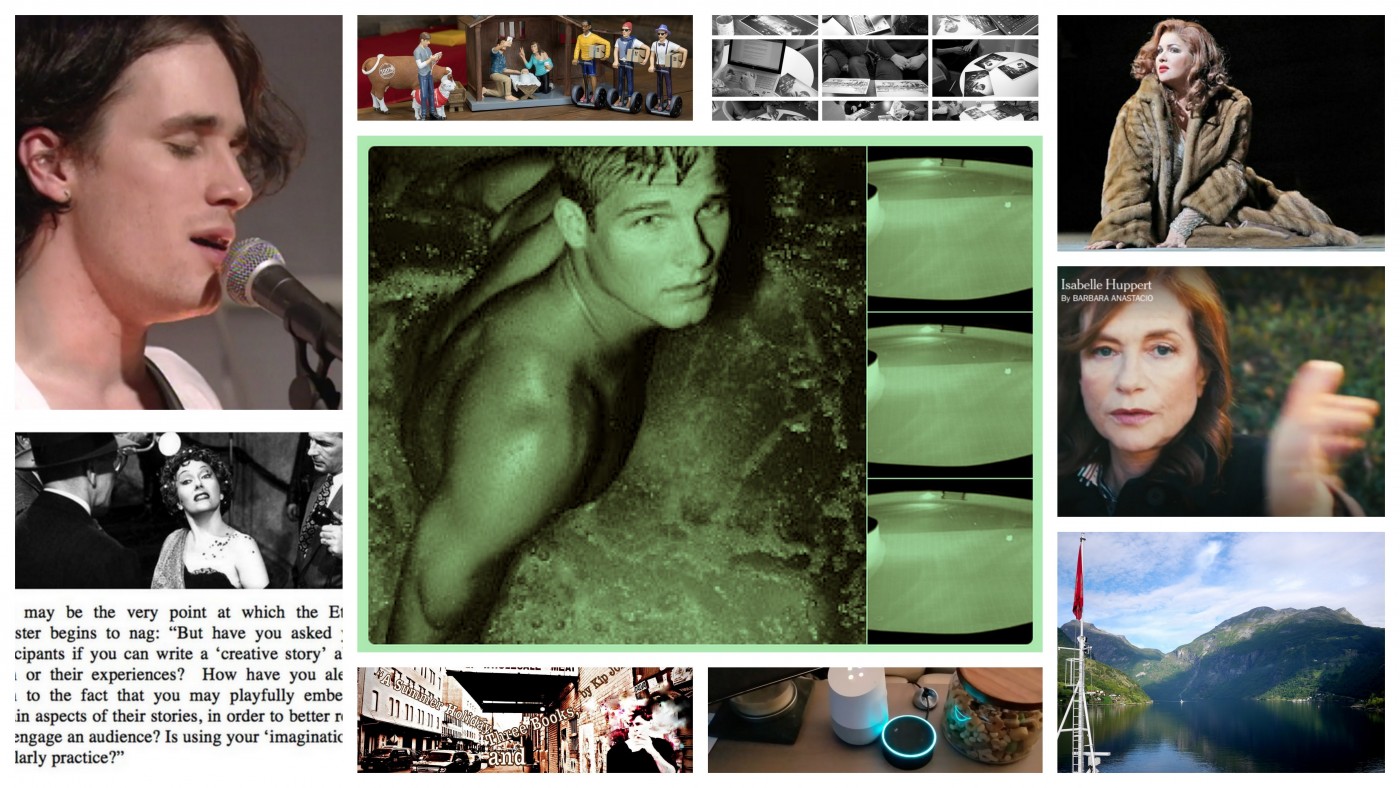

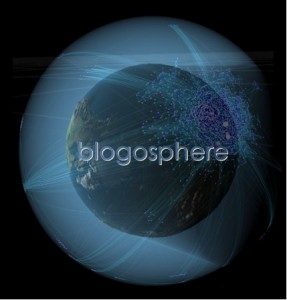
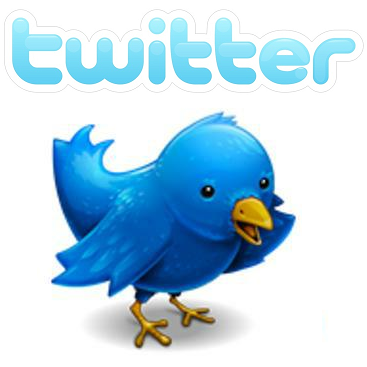
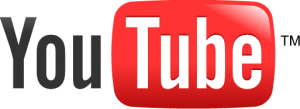
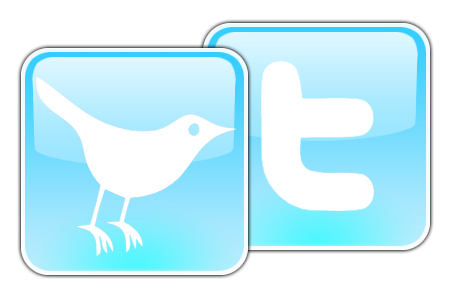











 Expand Your Impact: Collaboration and Networking Workshops for Researchers
Expand Your Impact: Collaboration and Networking Workshops for Researchers Visiting Prof. Sujan Marahatta presenting at BU
Visiting Prof. Sujan Marahatta presenting at BU 3C Event: Research Culture, Community & Can you Guess Who? Thursday 26 March 1-2pm
3C Event: Research Culture, Community & Can you Guess Who? Thursday 26 March 1-2pm UKCGE Recognised Research Supervision Programme: Deadline Approaching
UKCGE Recognised Research Supervision Programme: Deadline Approaching ECR Funding Open Call: Research Culture & Community Grant – Apply now
ECR Funding Open Call: Research Culture & Community Grant – Apply now ECR Funding Open Call: Research Culture & Community Grant – Application Deadline Friday 12 December
ECR Funding Open Call: Research Culture & Community Grant – Application Deadline Friday 12 December MSCA Postdoctoral Fellowships 2025 Call
MSCA Postdoctoral Fellowships 2025 Call ERC Advanced Grant 2025 Webinar
ERC Advanced Grant 2025 Webinar Update on UKRO services
Update on UKRO services European research project exploring use of ‘virtual twins’ to better manage metabolic associated fatty liver disease
European research project exploring use of ‘virtual twins’ to better manage metabolic associated fatty liver disease